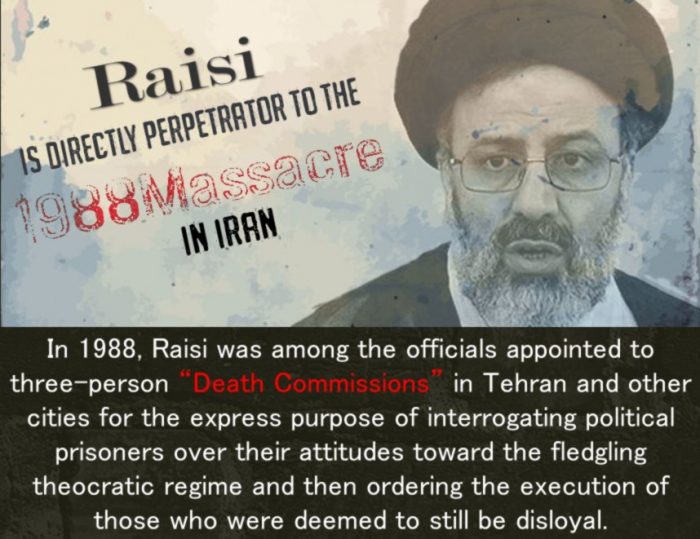
The election of Ebrahim Raisi as Iran’s president was predictable. Ali Khamenei, Iran’s Supreme Leader, chose Raisi as he has no intention of opening Iran to the outside world and will not accommodate the United States; a value of great importance to the regime as US President Joe Biden seeks a return to the Joint Comprehensive Plan of Action (JCPOA).
Containing Iran’s nuclear activities is a matter of urgency to be administrated through the JCPOA, however, the sanction relief that will result from the deal must also be factored in.
Under the former US Trump administration’s “maximum pressure” policy, Iran’s resources were limited and the return to the JCPOA will provide Iran sanction relief that could enable dangerous activity, such as the sharing of resources with other Middle Eastern militants groups.
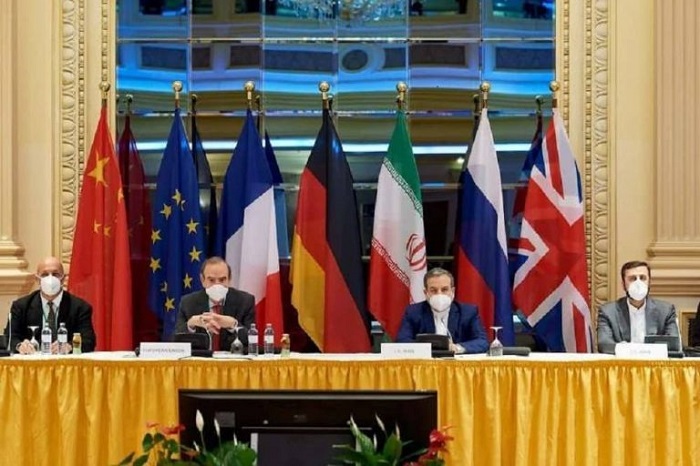
Many who oppose the JCPOA do so in fear of Iran’s agenda in the Middle East. There is a great risk that the international community may view the problem of Iran as being solved with the agreement of the JCPOA, ignoring the fact that Iran’s nuclear programme is not the only danger the regime poses.
From 2013, when negotiations towards the original JCPOA began until former President Trump ended the deal with the US, the regime’s behaviour did not become less harmful. During this period, Iran continued to become more aggressive in the Middle East. It is impossible for Iran to be trusted in negotiations when the regime has its own agenda for regional domination.
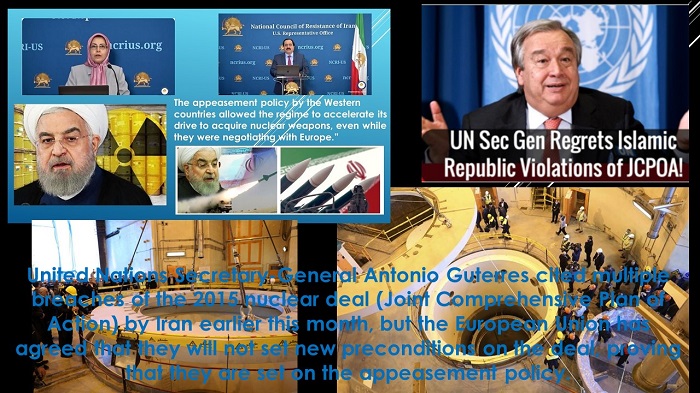
Biden appears to take a different approach to Iran than the previous US Obama administration. There have been signs that the Biden administration will not be as passive to direct or indirect threats from Iran, where Obama sought to try and appease the regime diplomatically.
Obama wished to take precautions against creating a wider conflict or nuclear arms race in the Middle East. However, in doing so the regime has been able to continue its nuclear programme, as well as the ongoing provision of weaponry, training and technical assistance to militant groups.
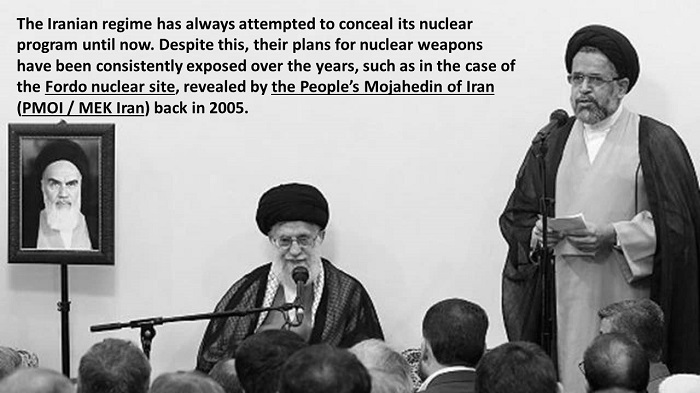
The US administration must not tolerate the human rights abuses and terrorist activity from the regime in order to squash Iran’s nuclear activities. Whilst the JCPOA deal looks to be restored sometime over the following year, the regime must know that this diplomatic action is not passive.
Firm action must be taken to deter the regime from continuing to expand and threaten not only the Middle East but the international community as a whole.
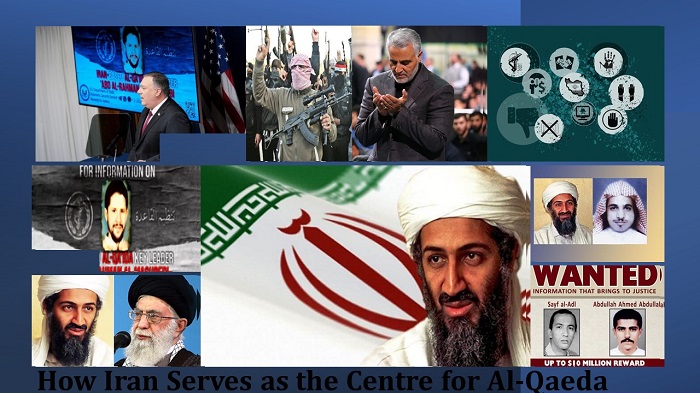
MEK Iran (follow us on Twitter and Facebook)
and People’s Mojahedin Organization of Iran – MEK IRAN – YouTube







